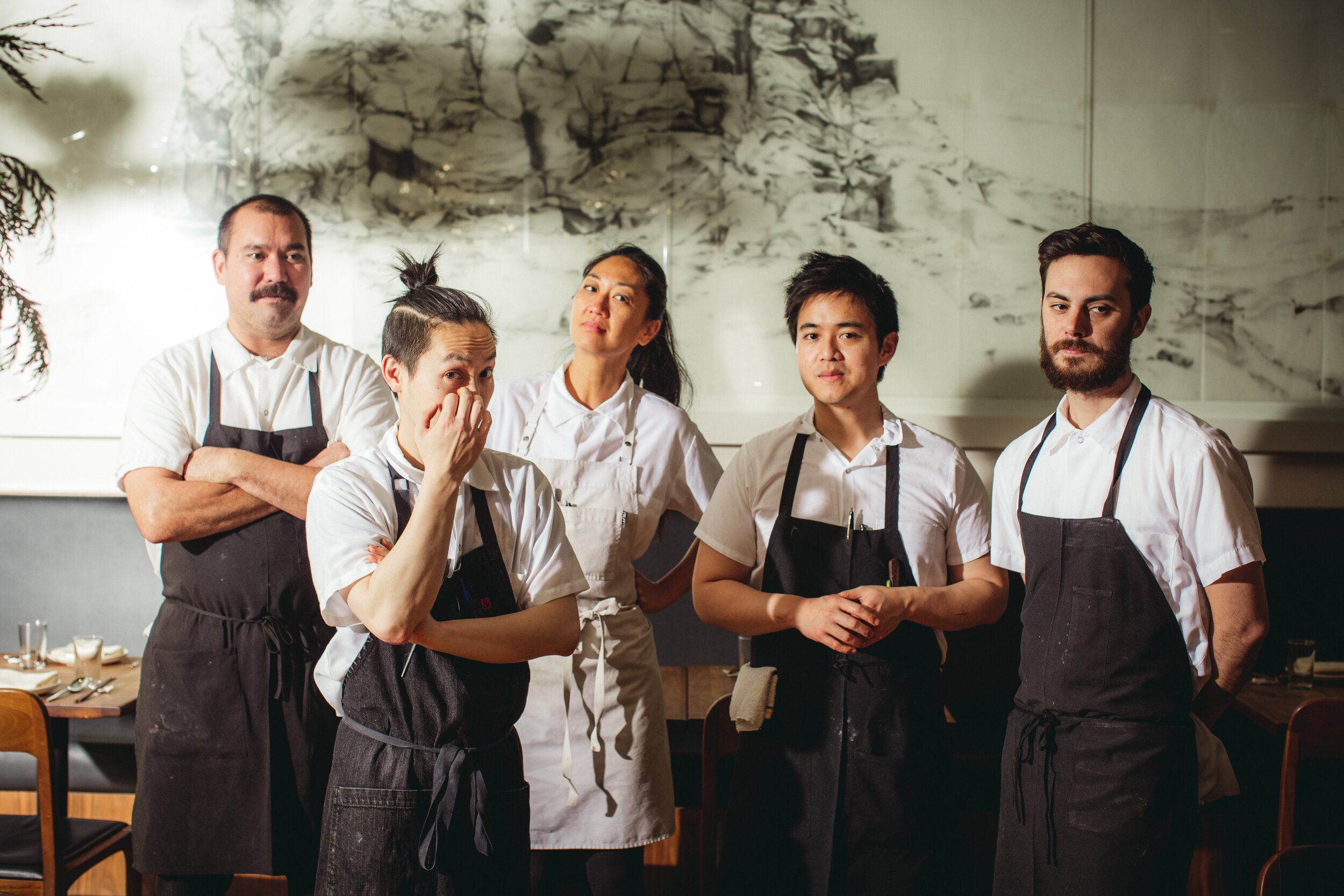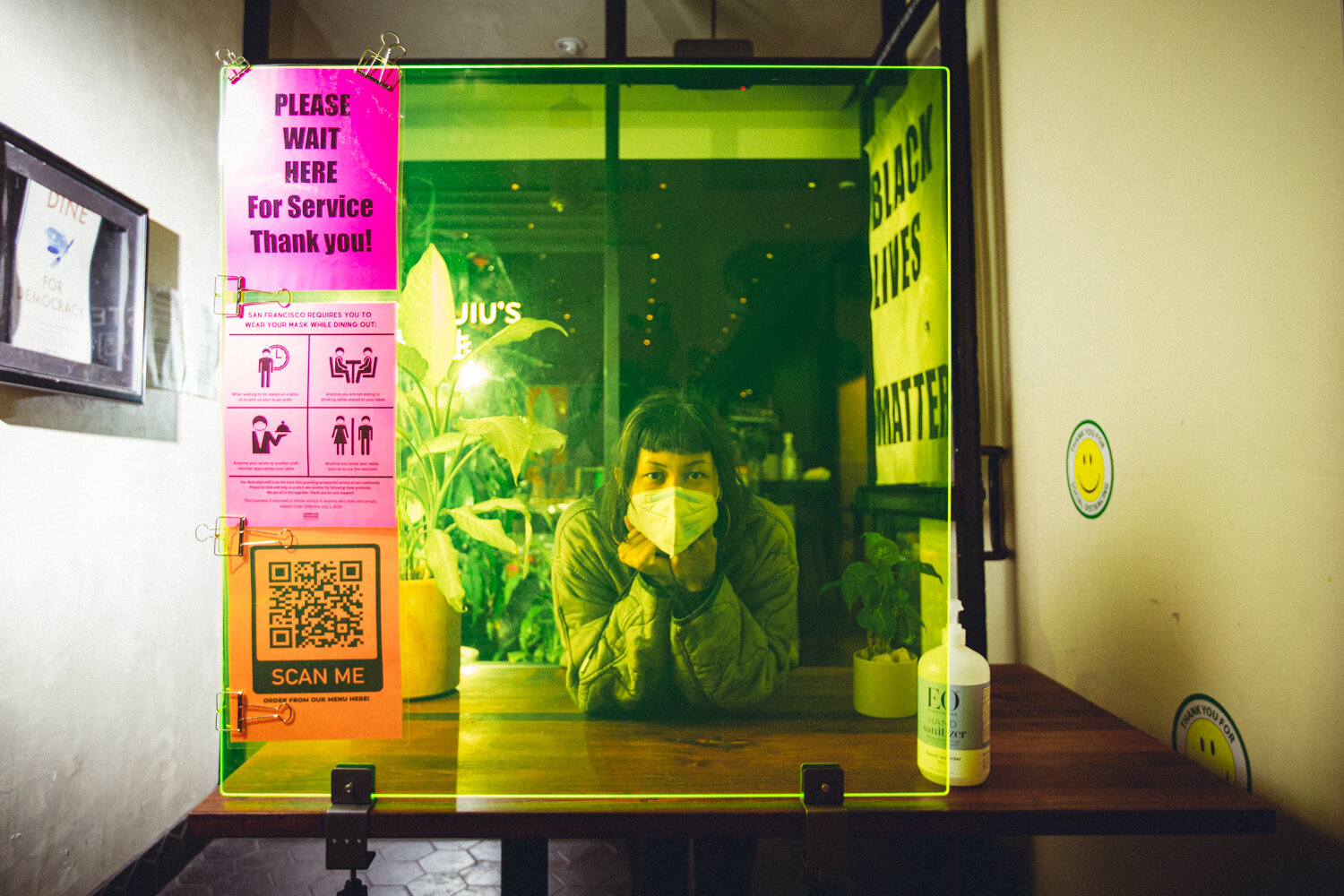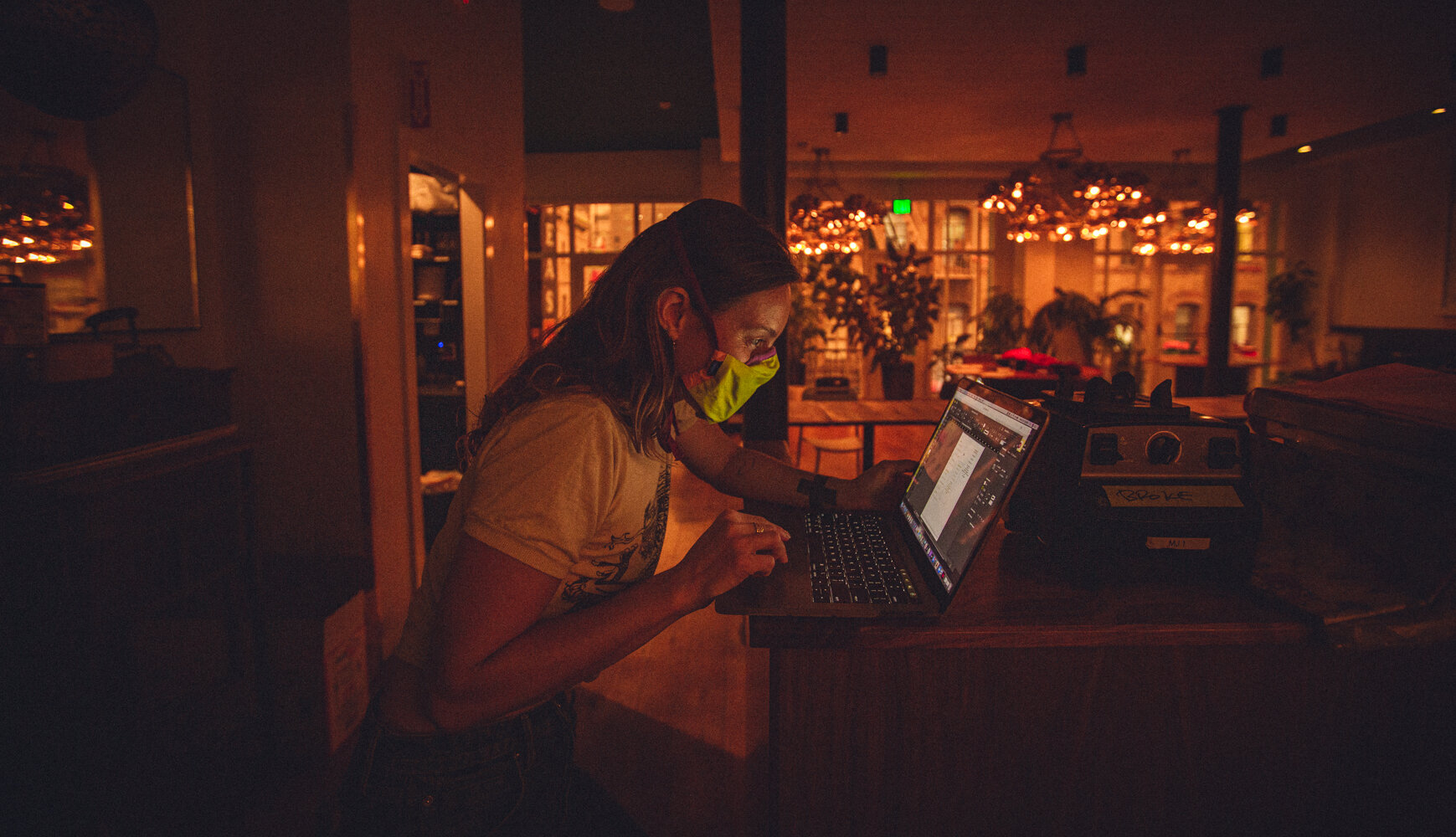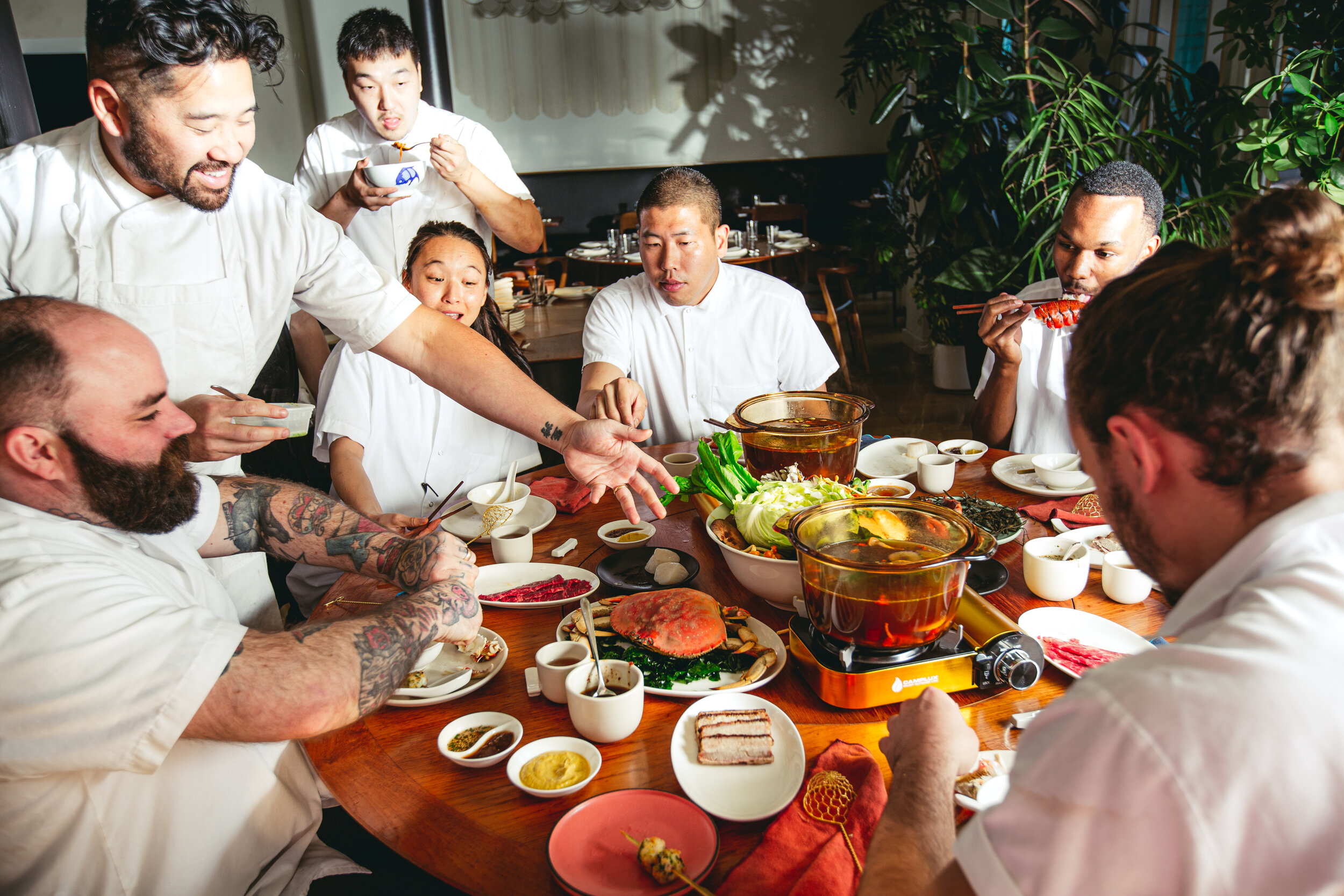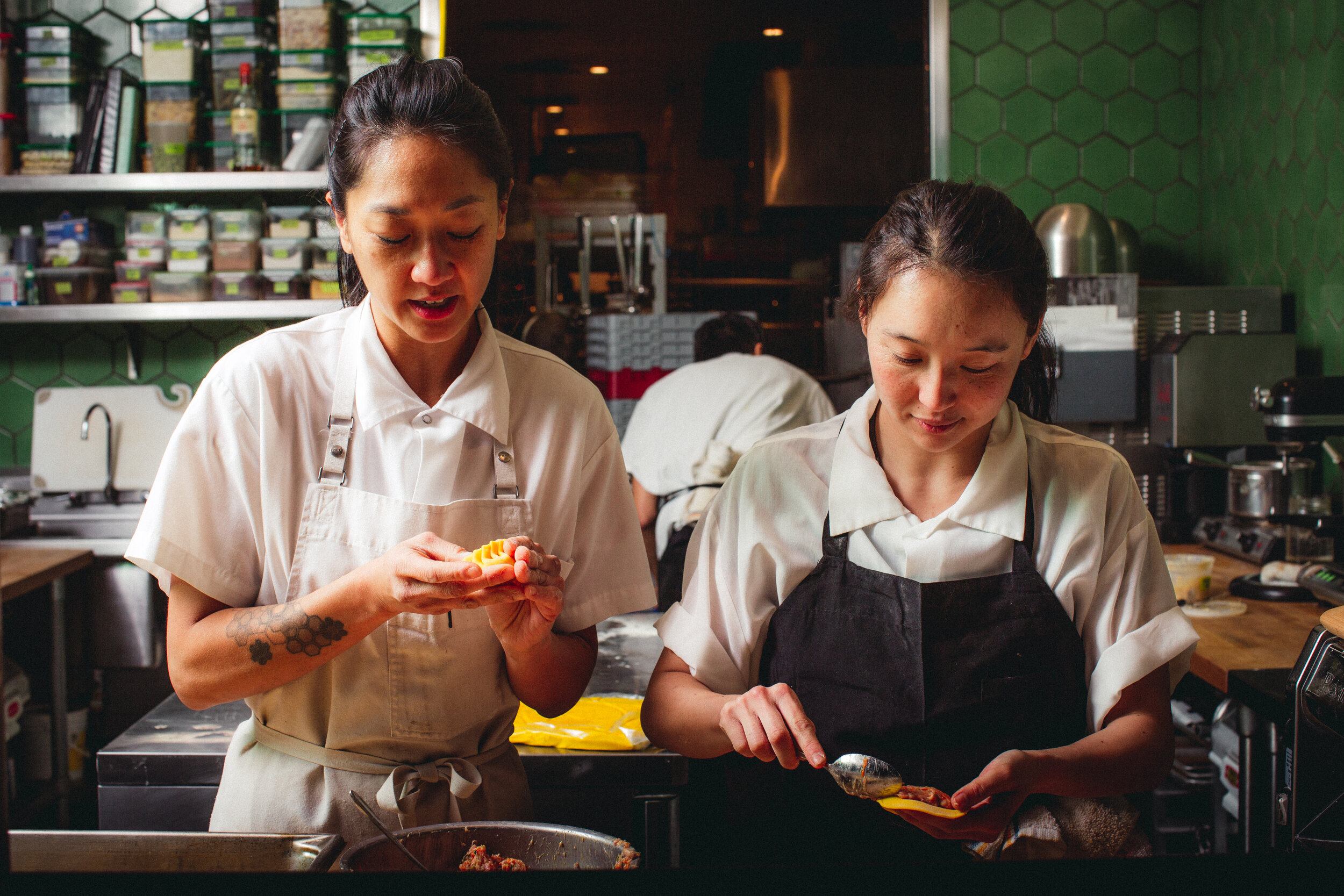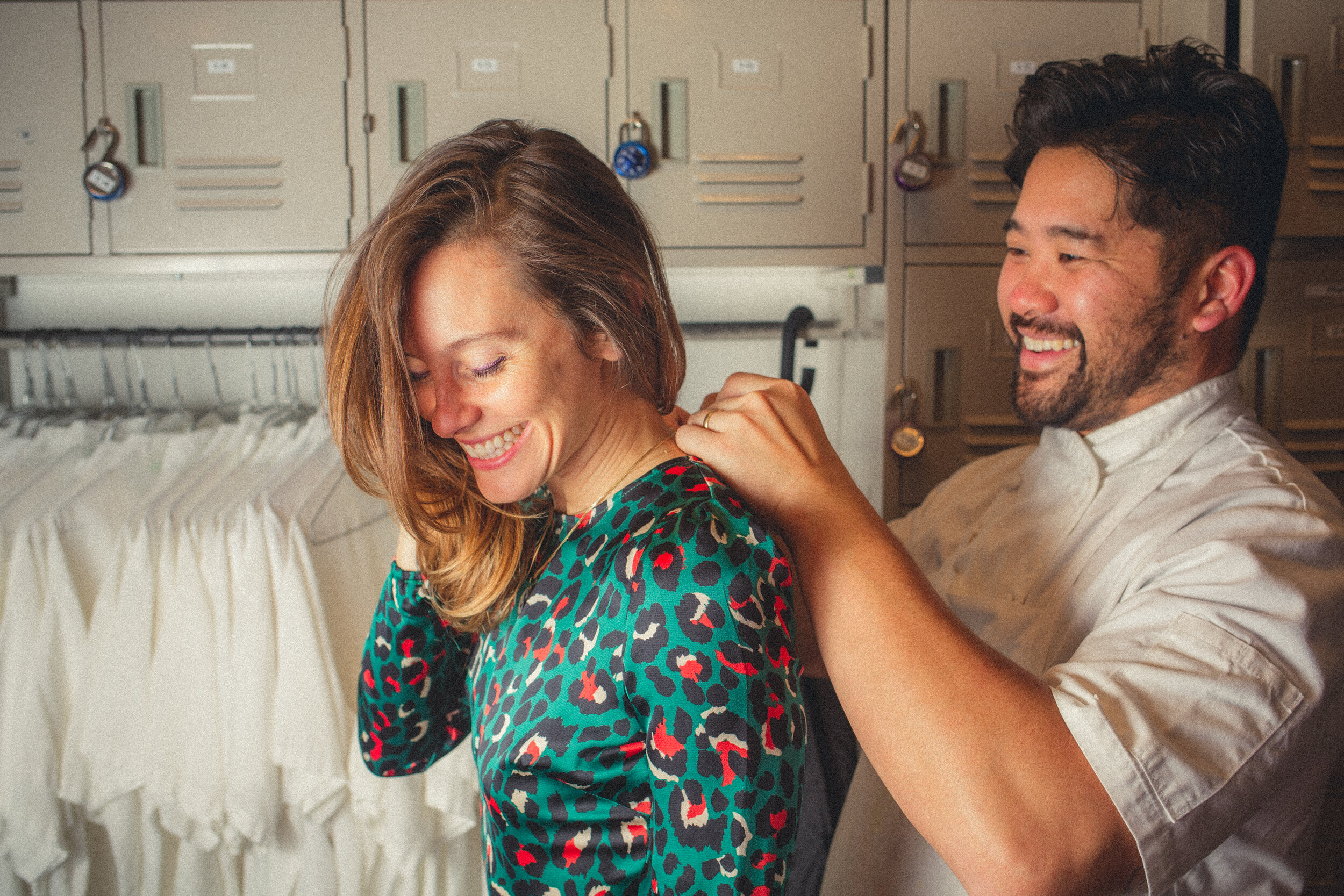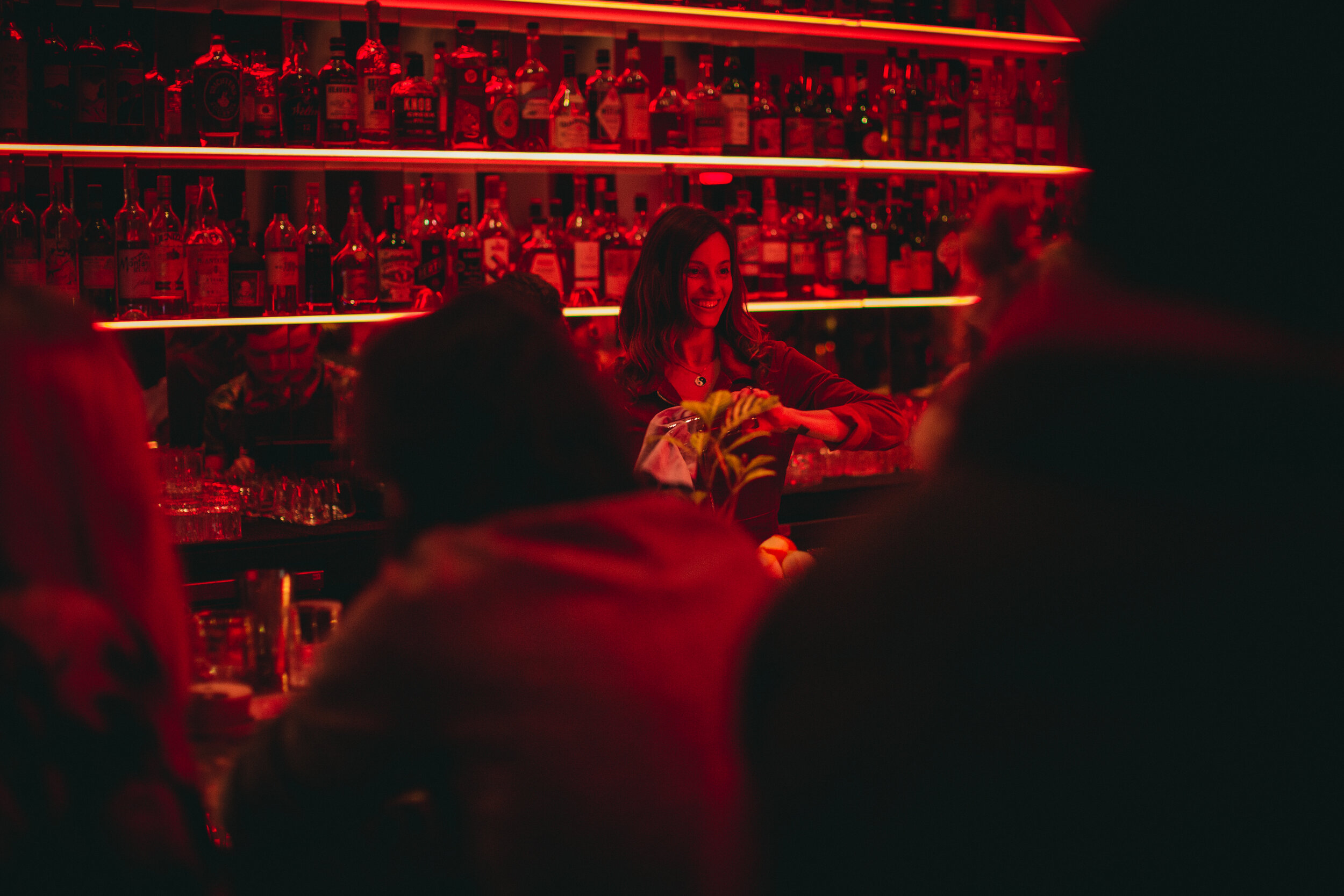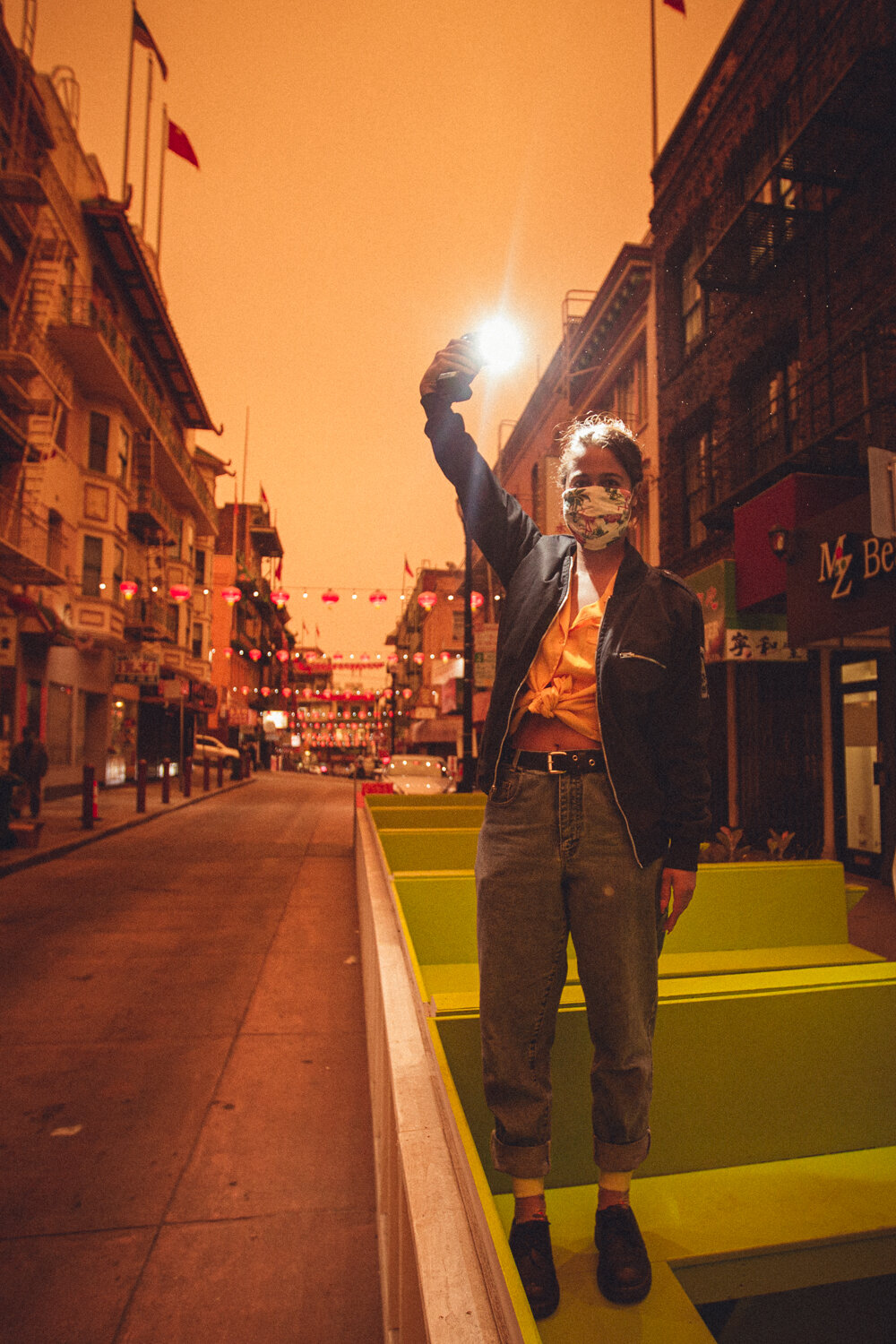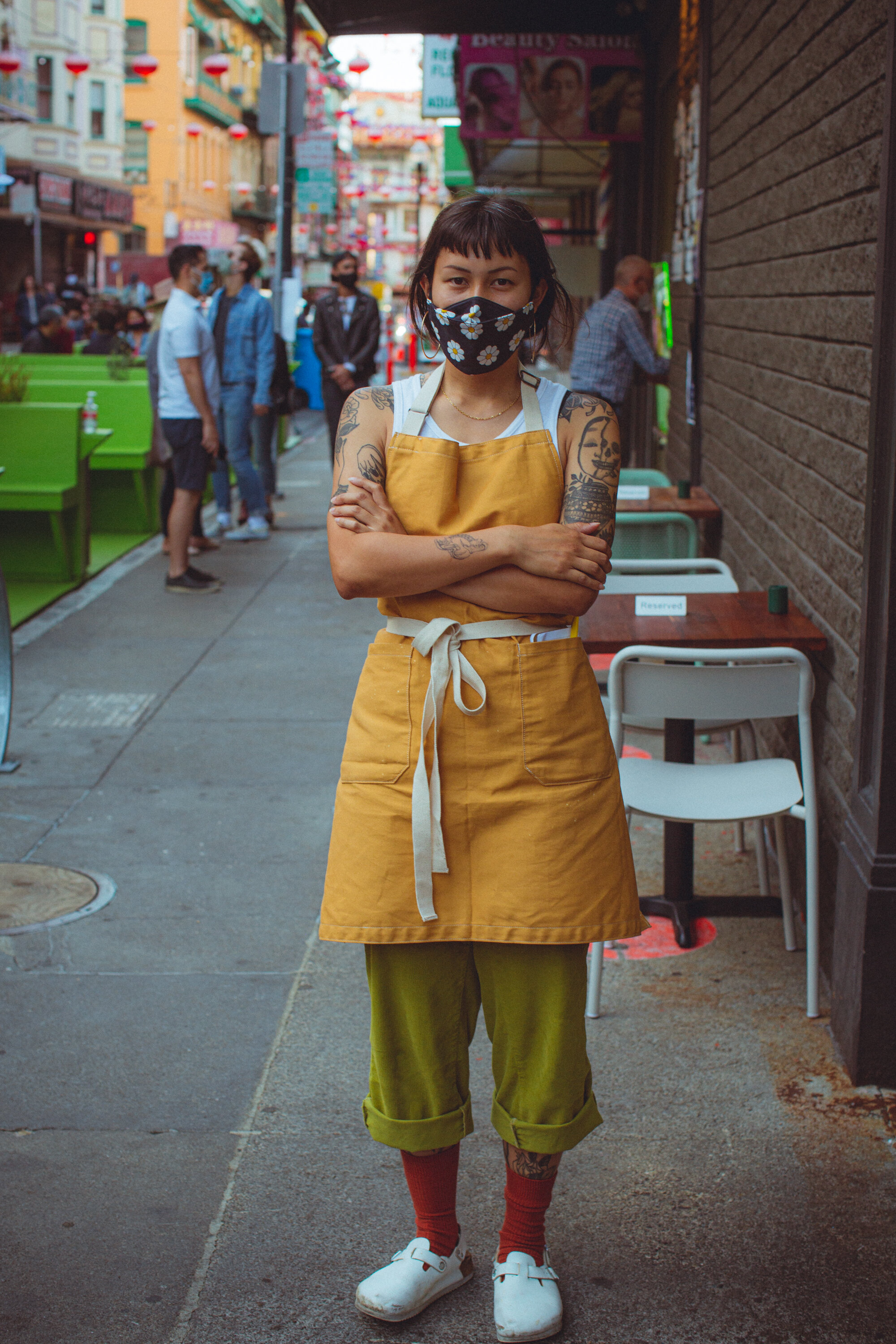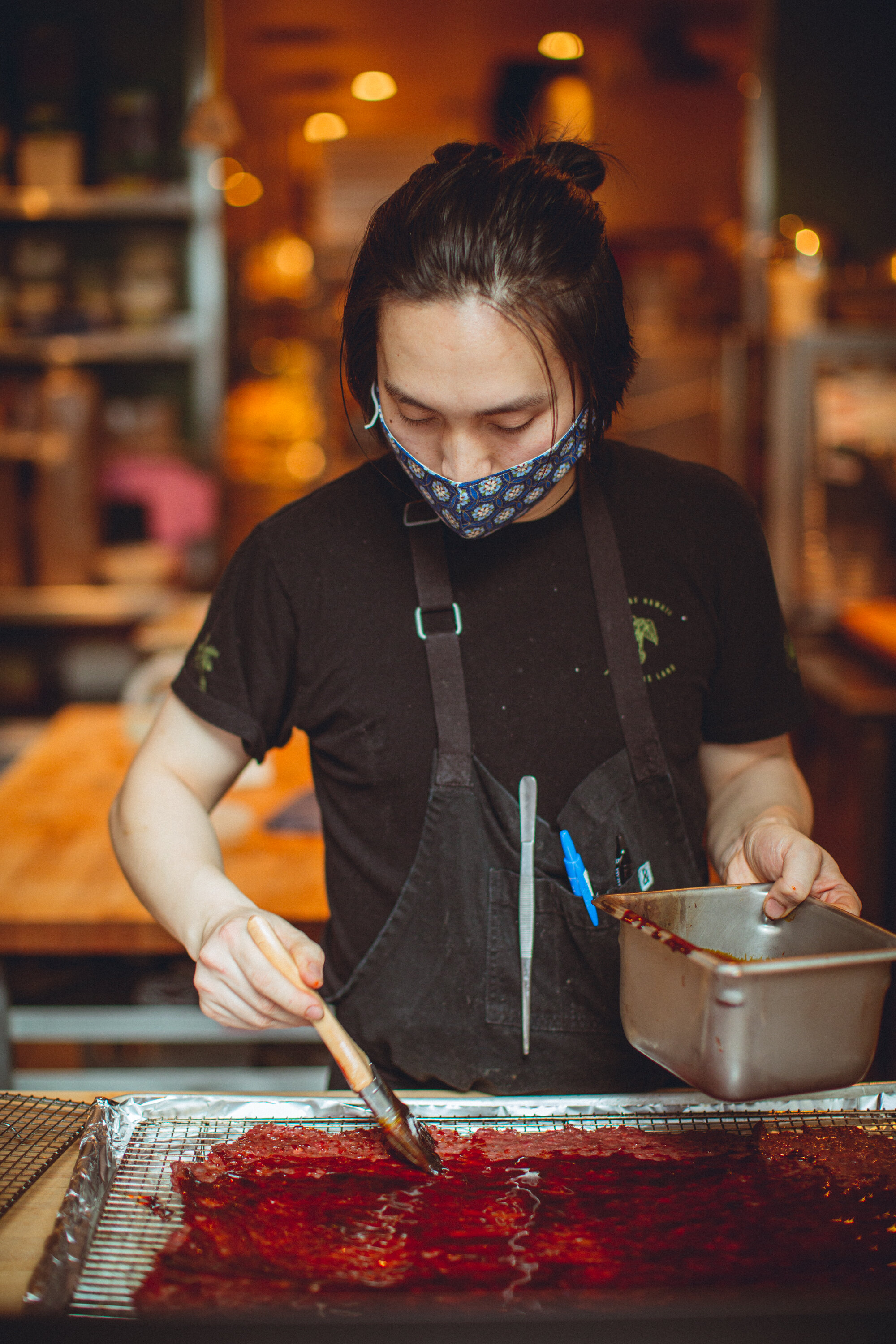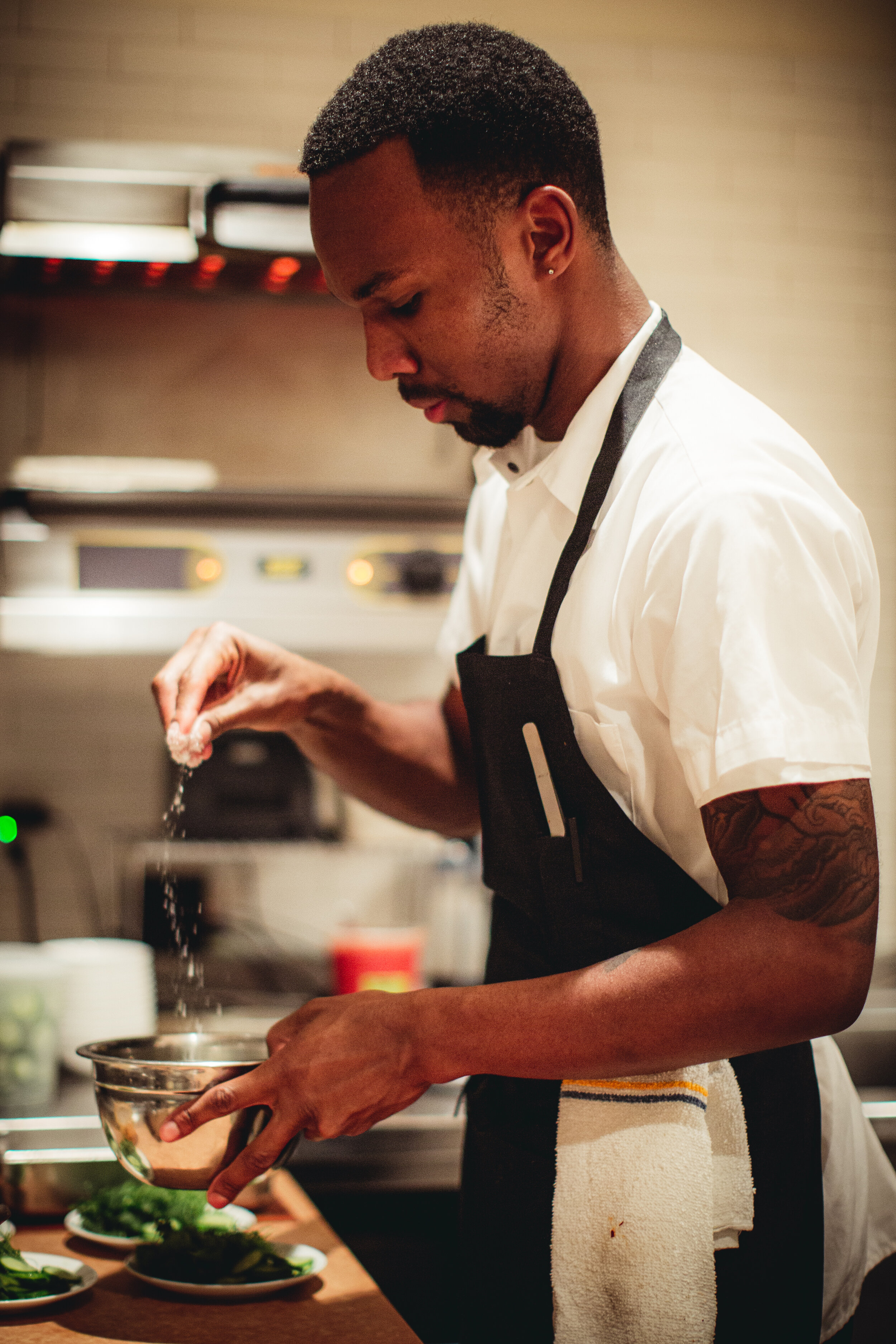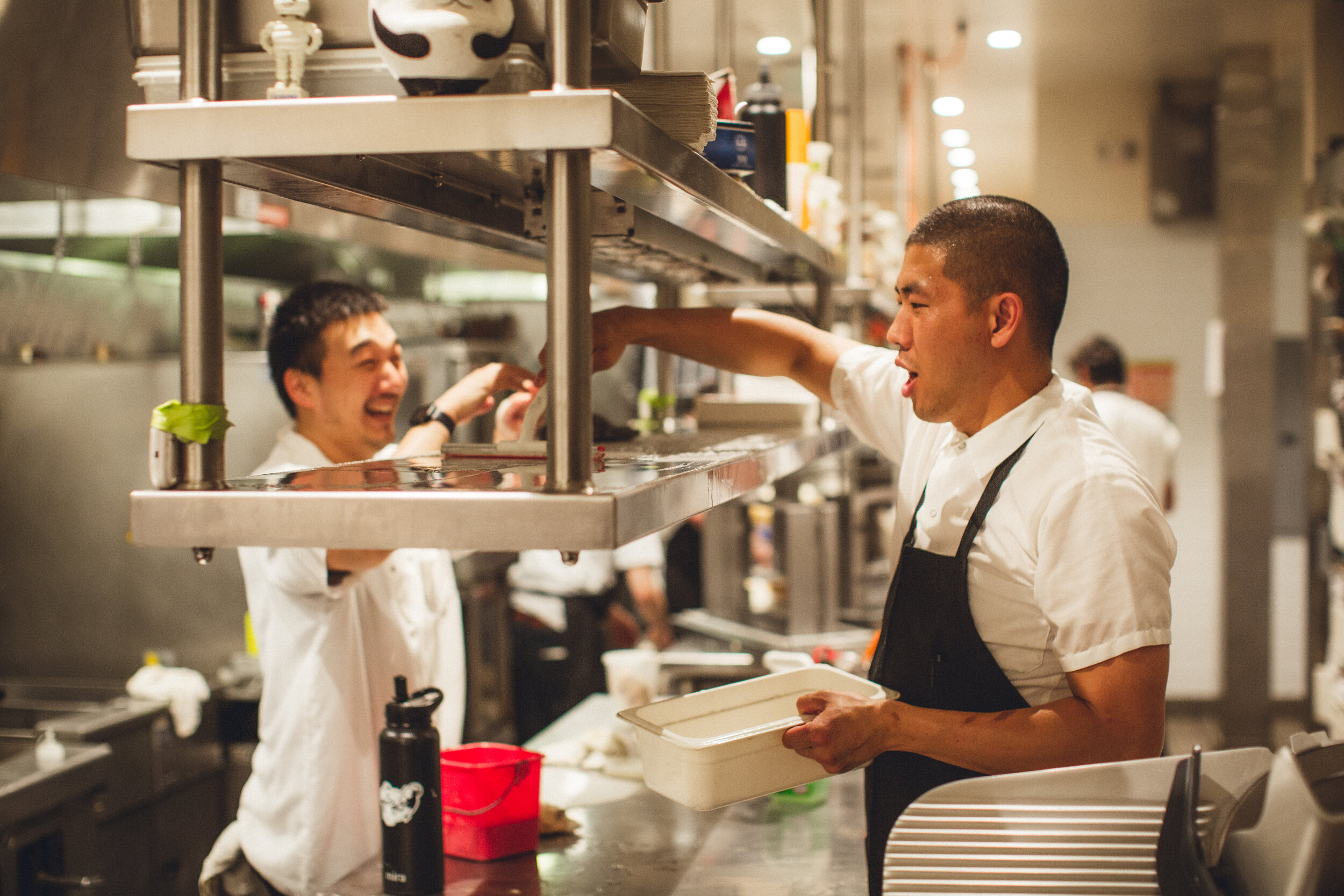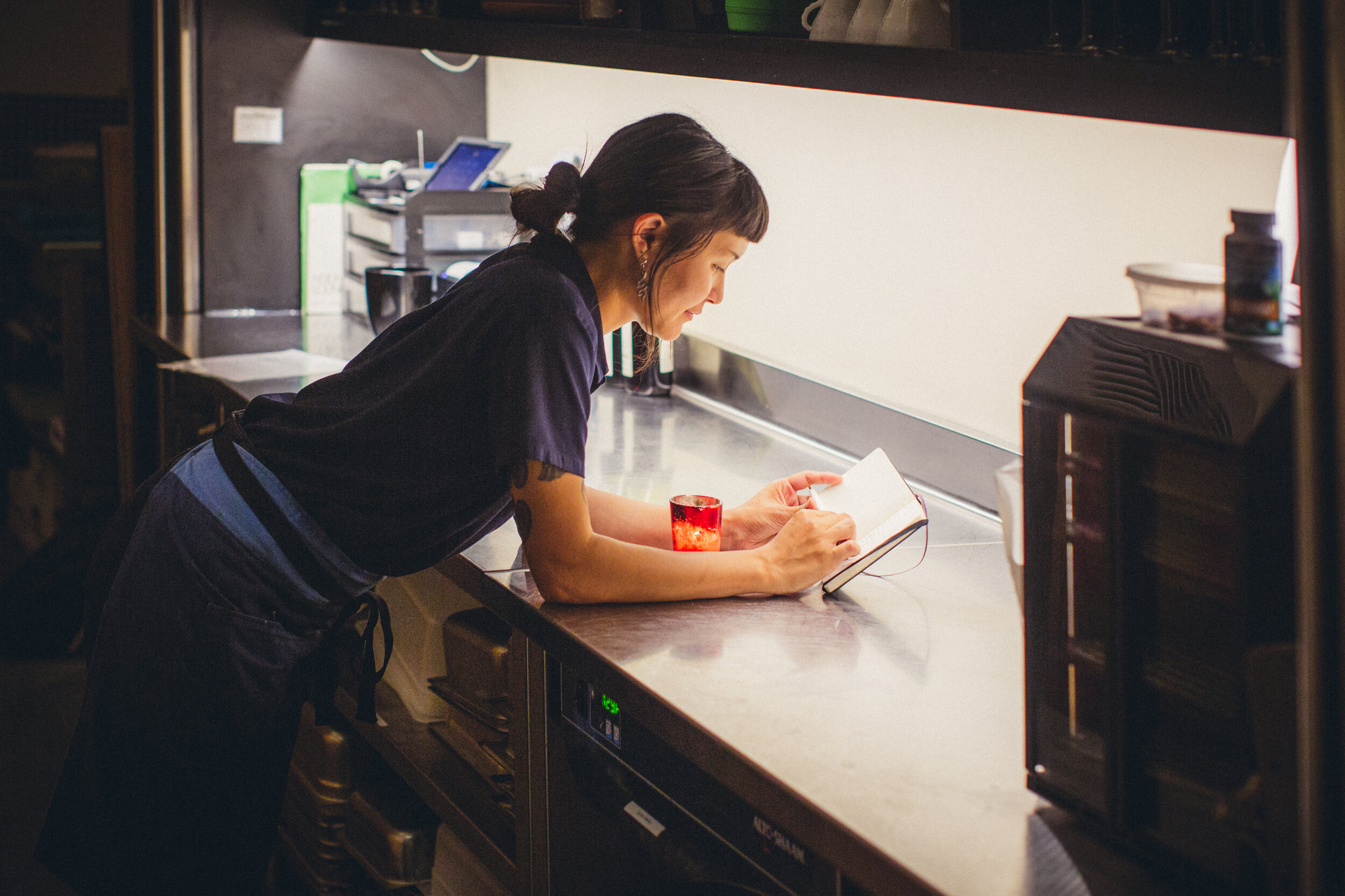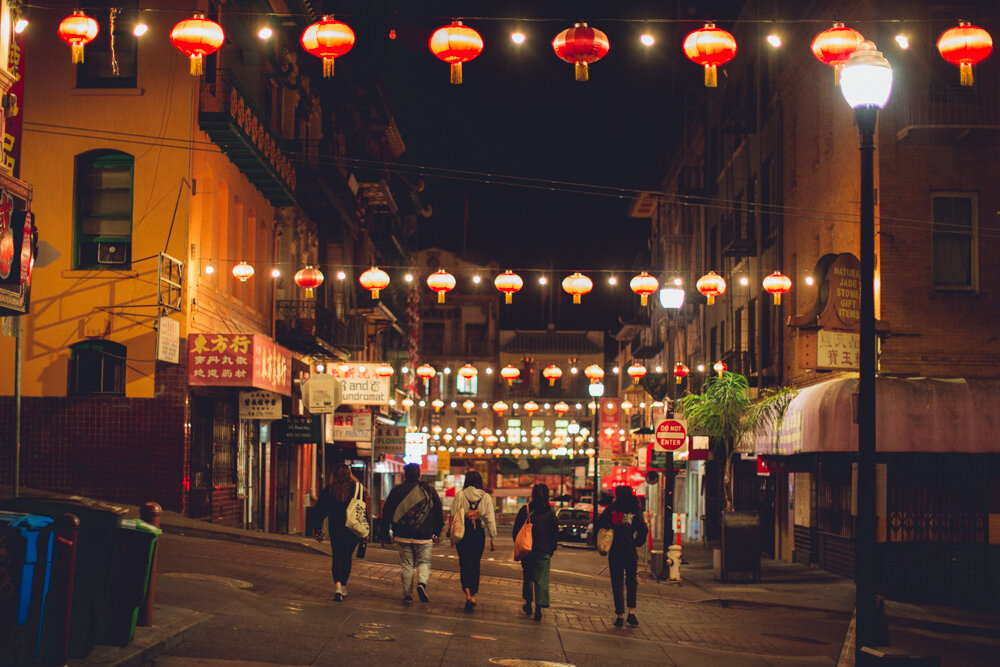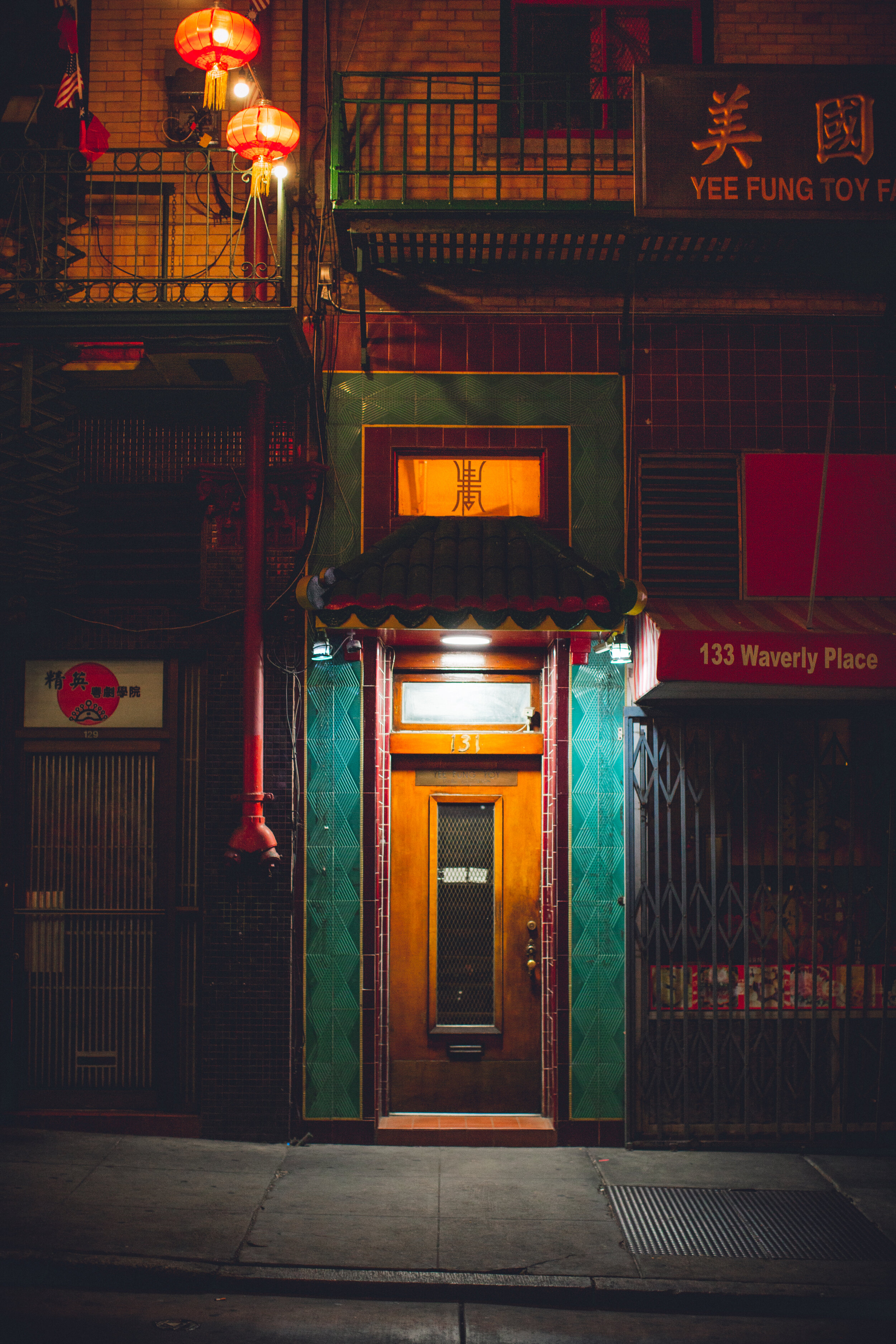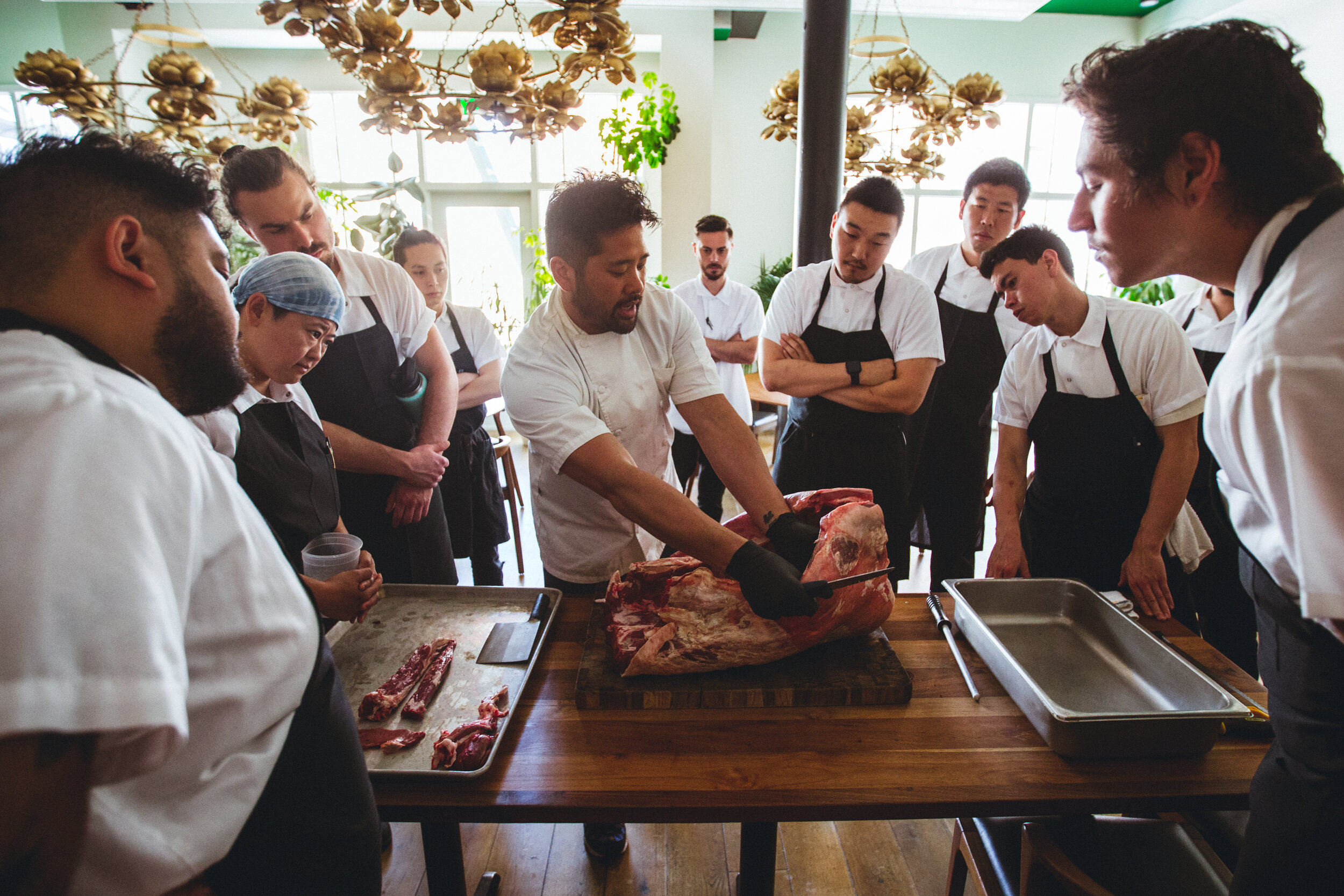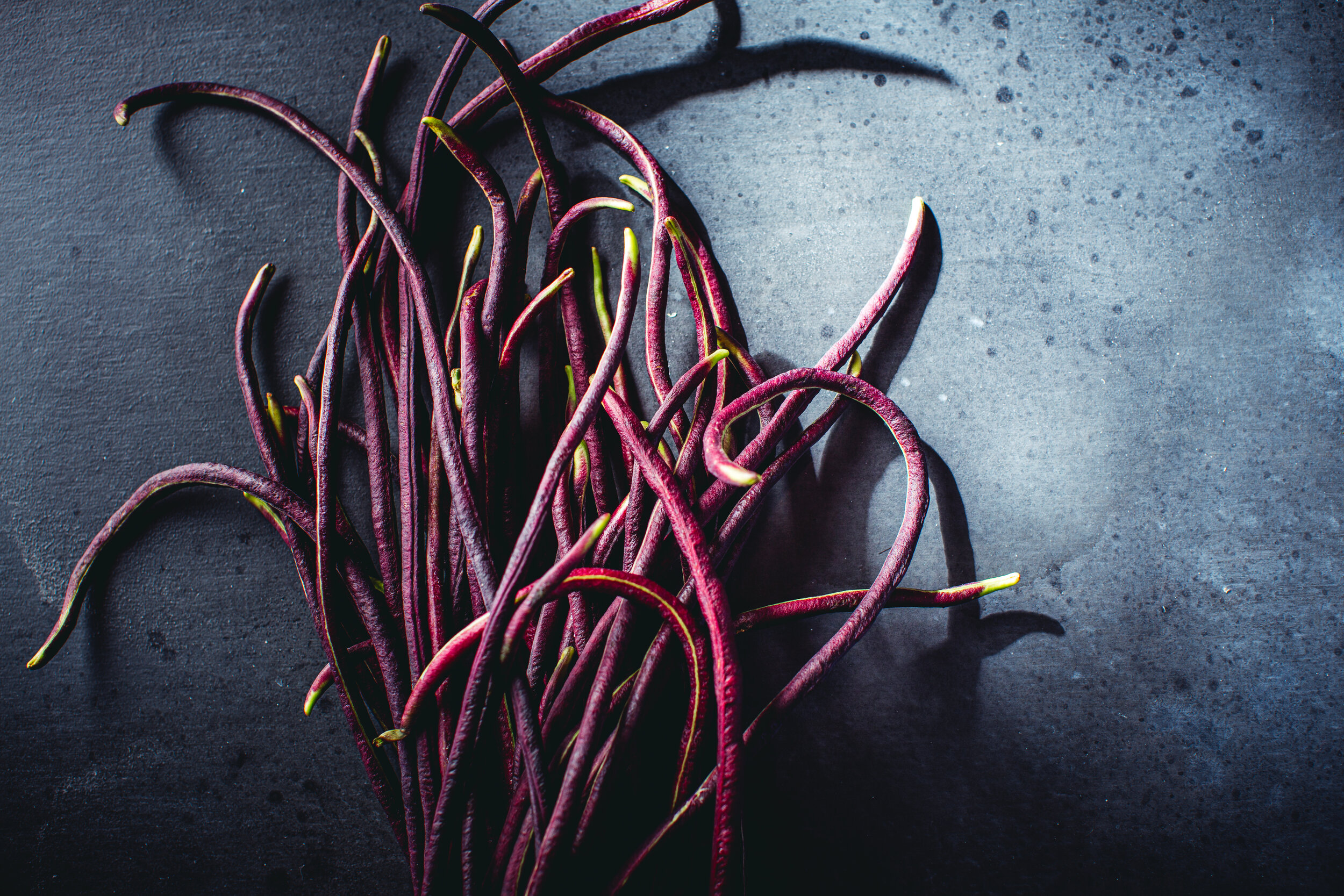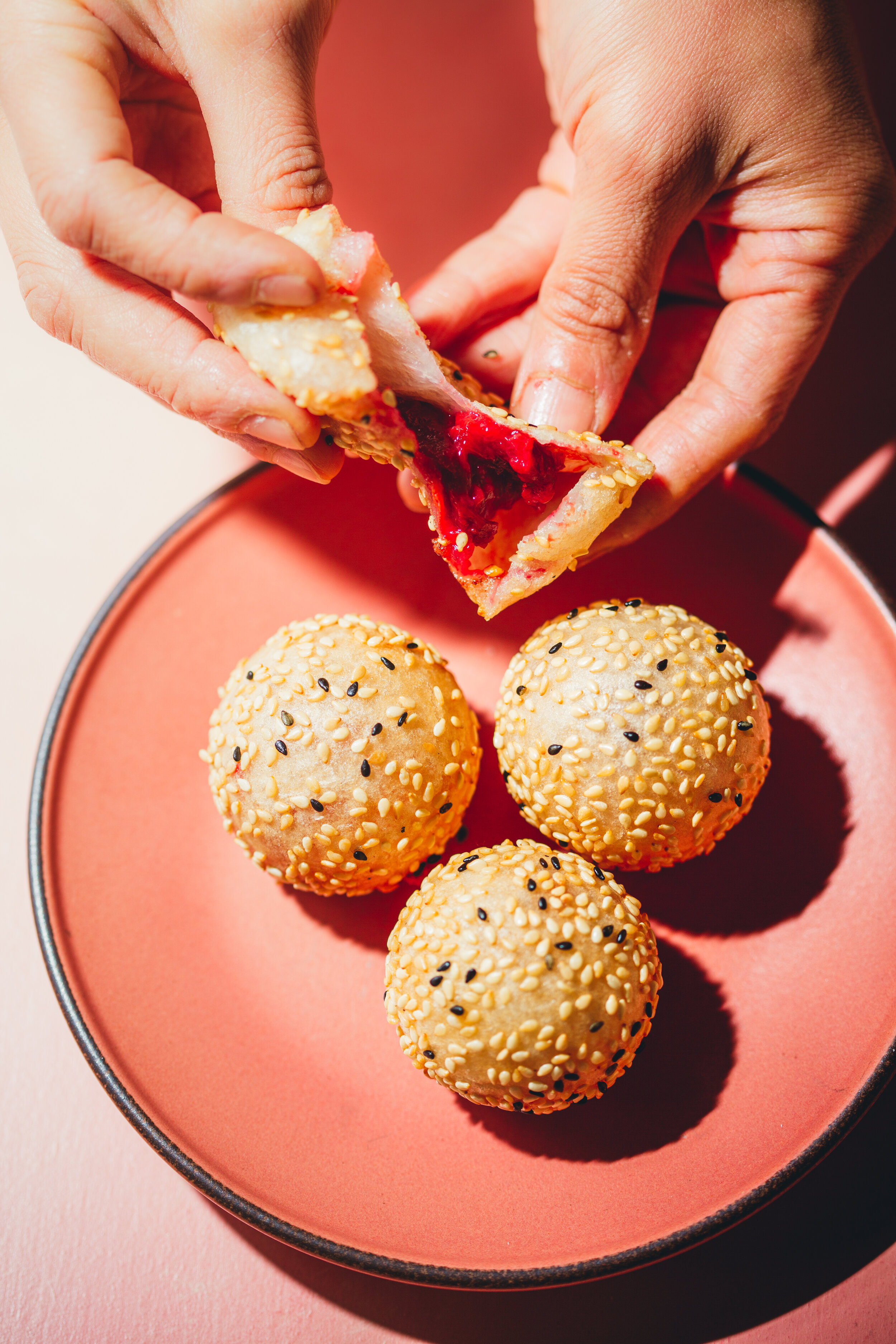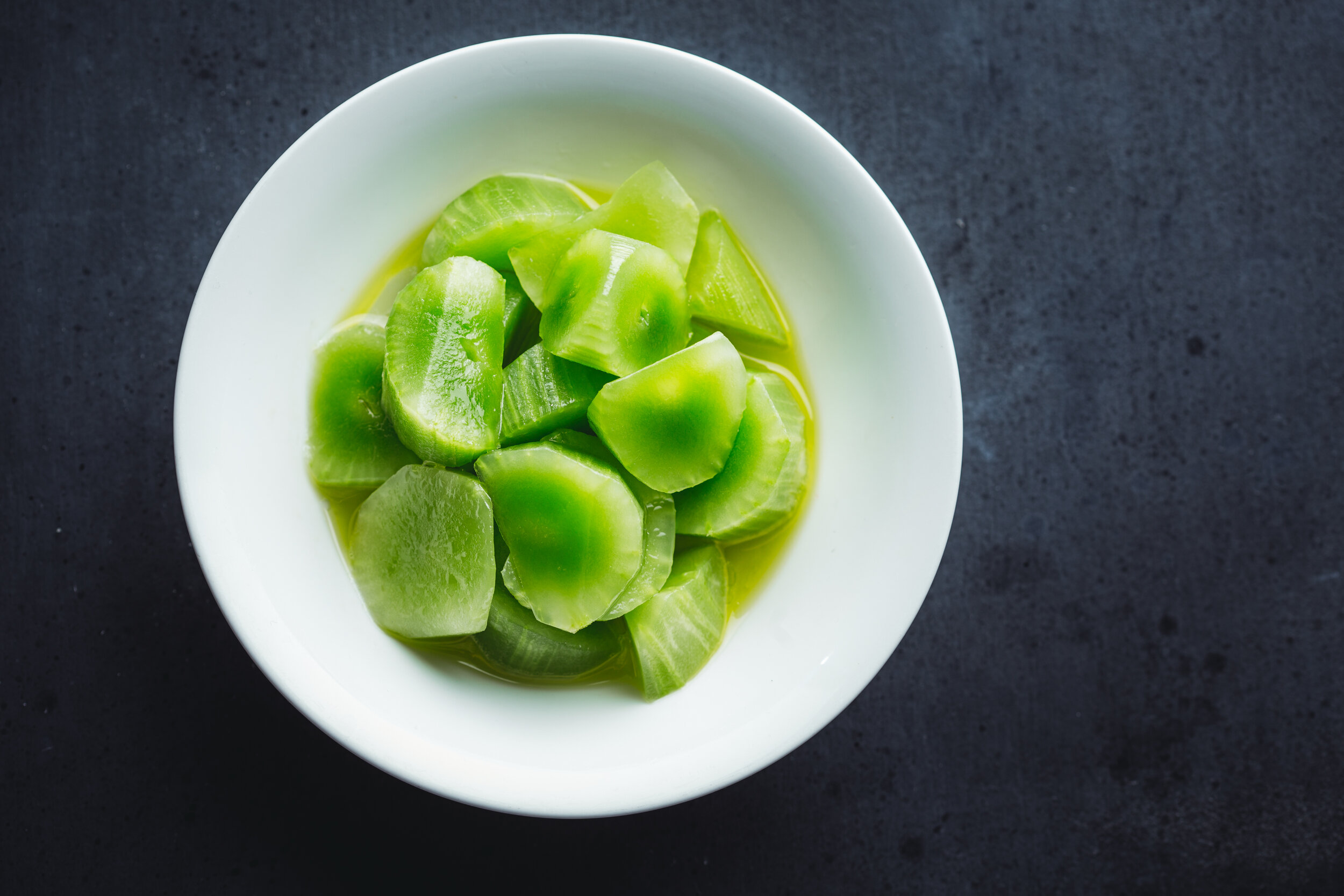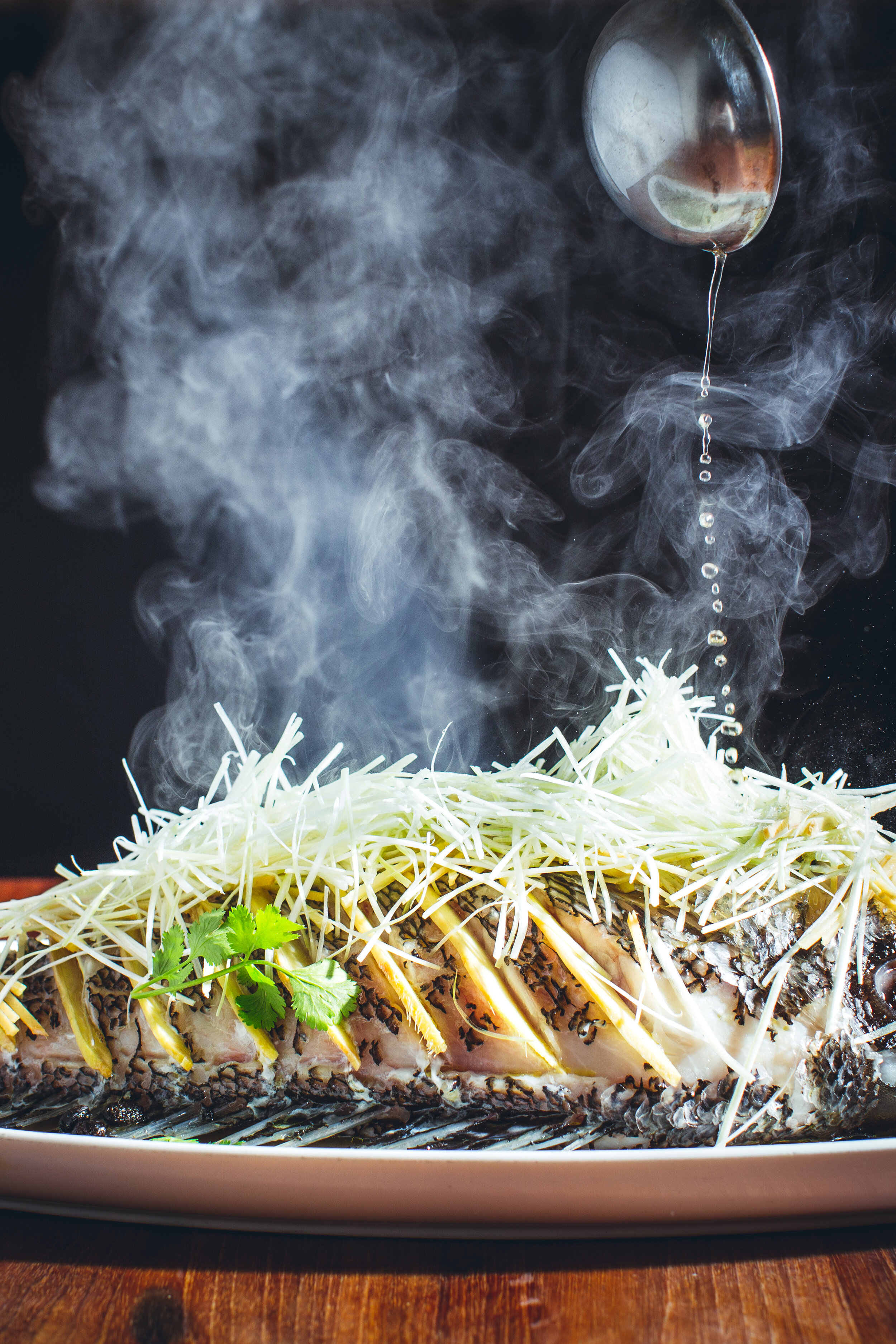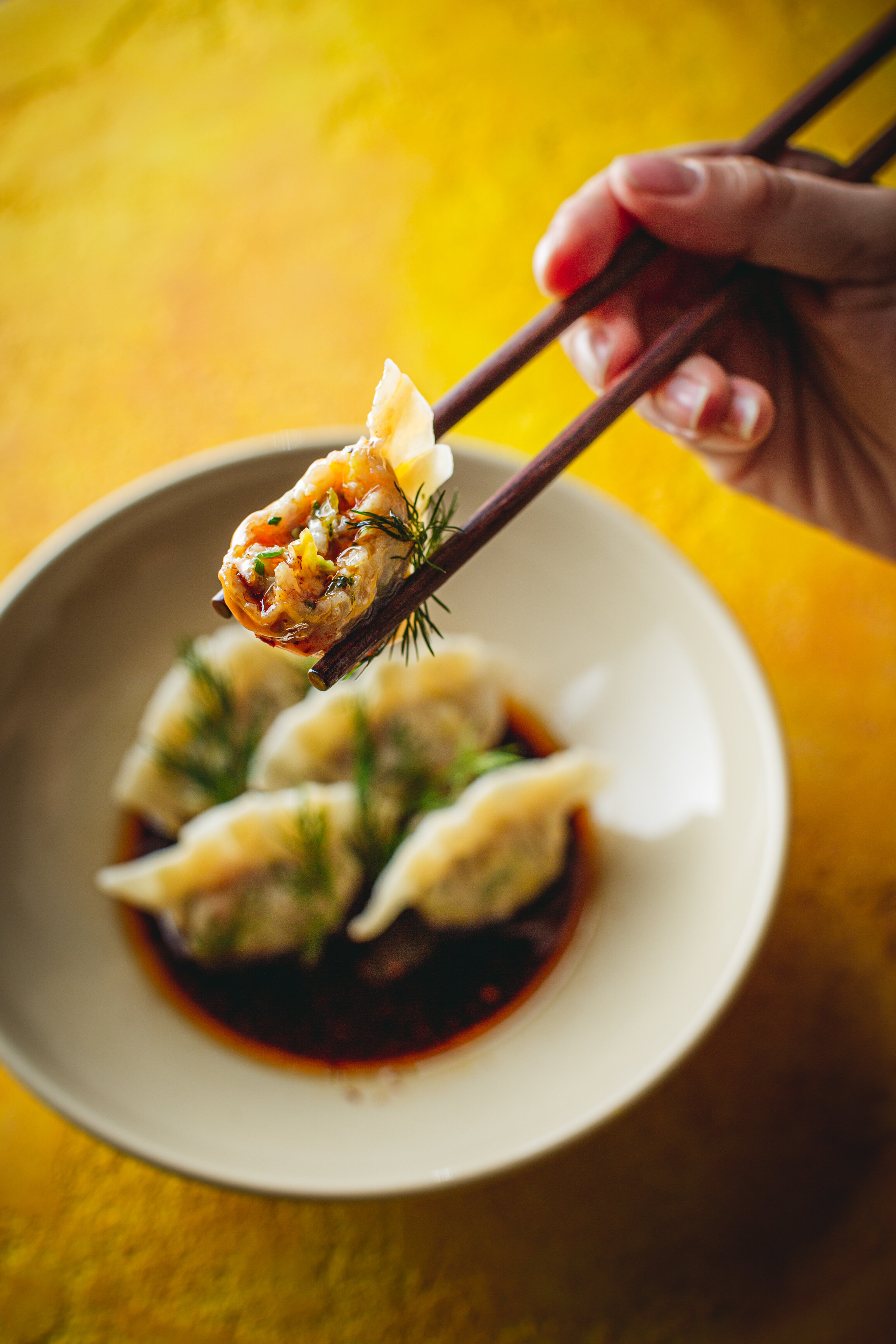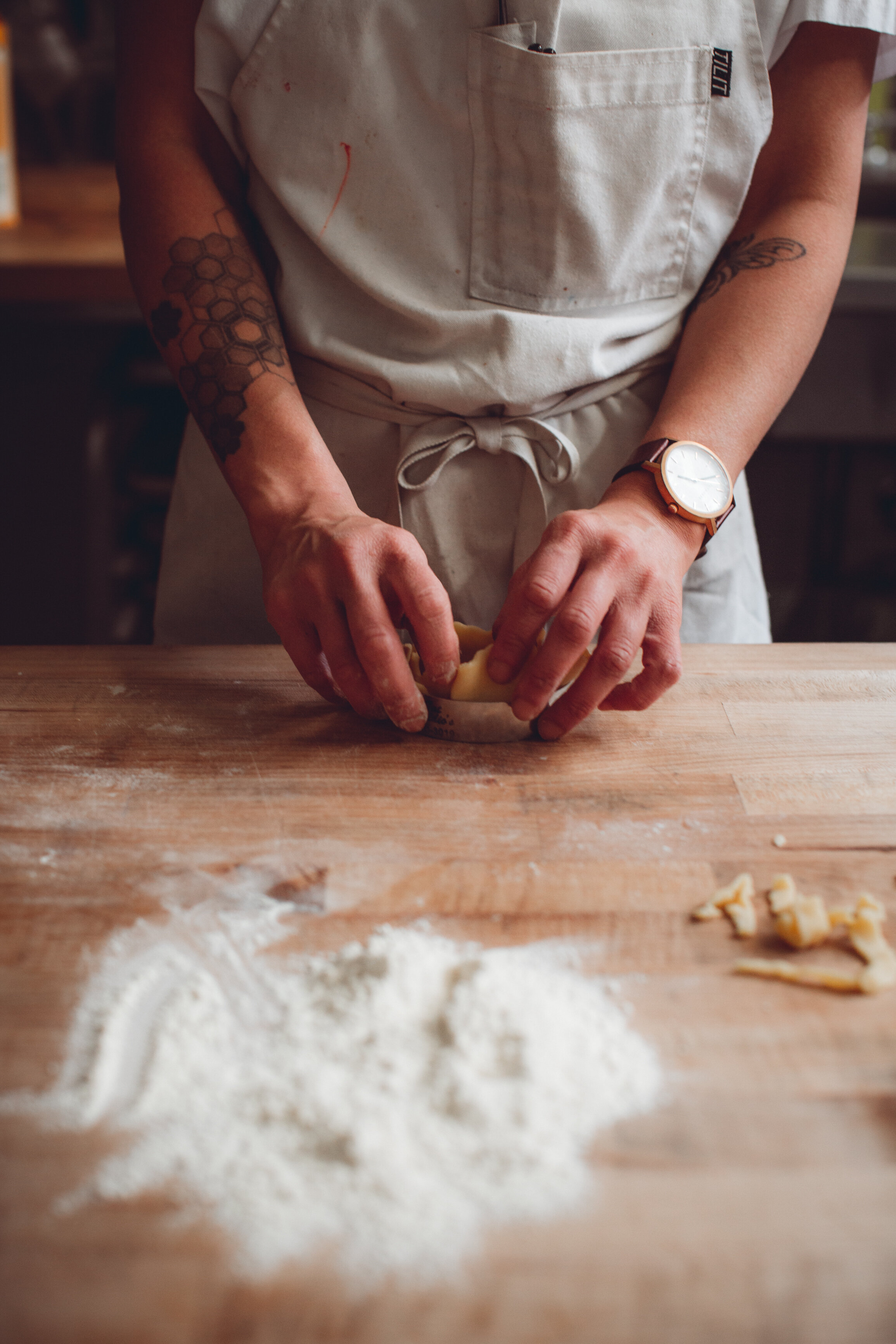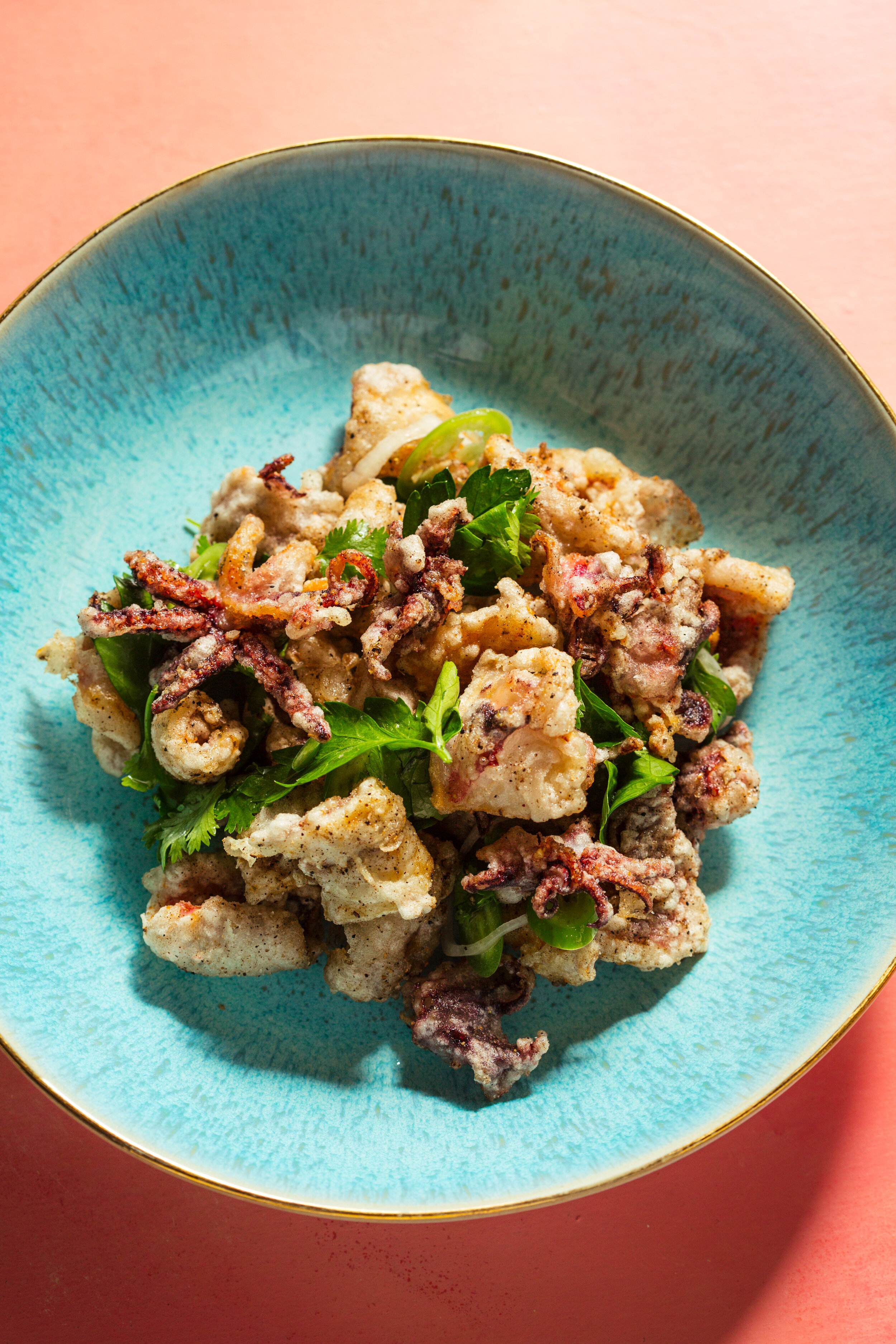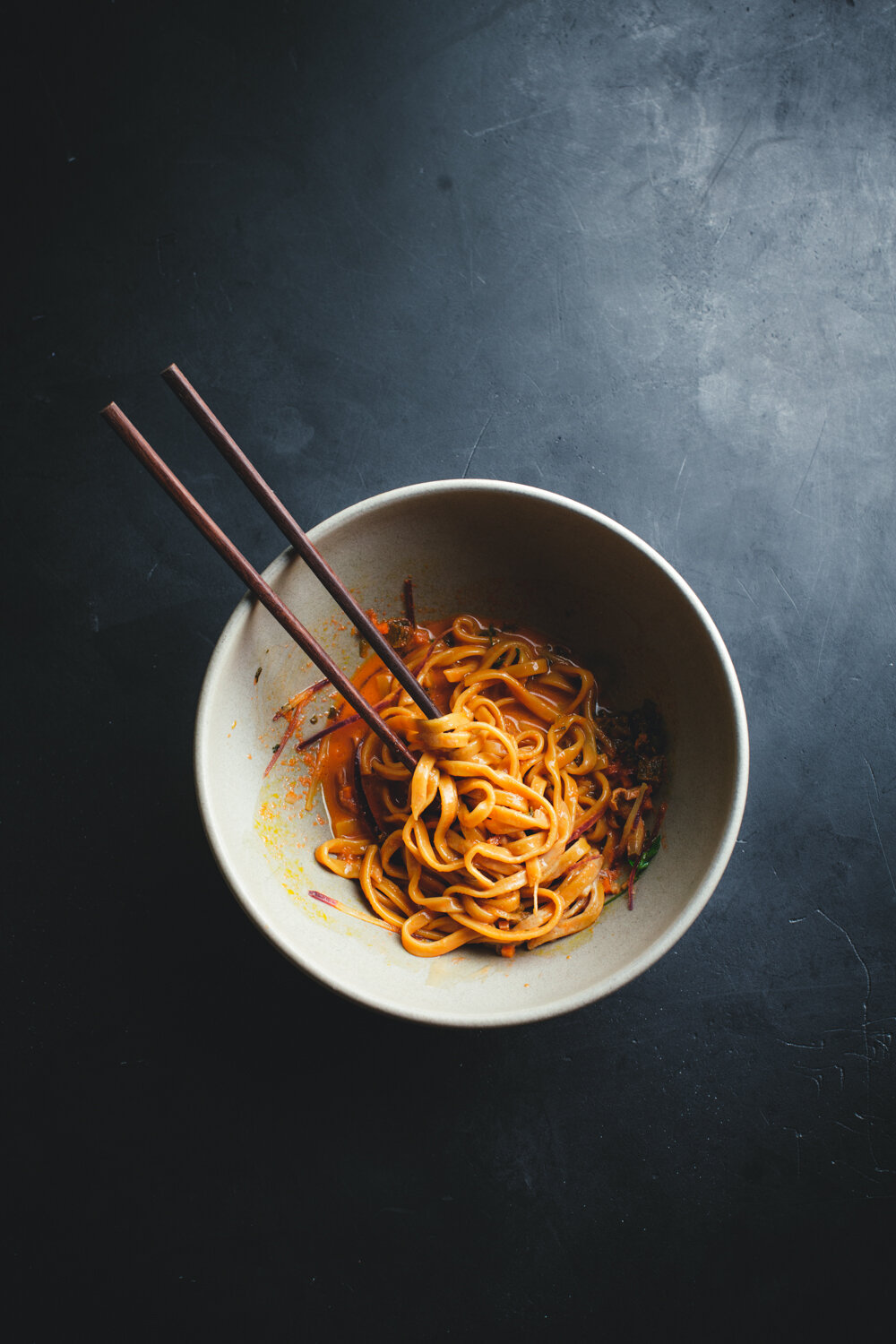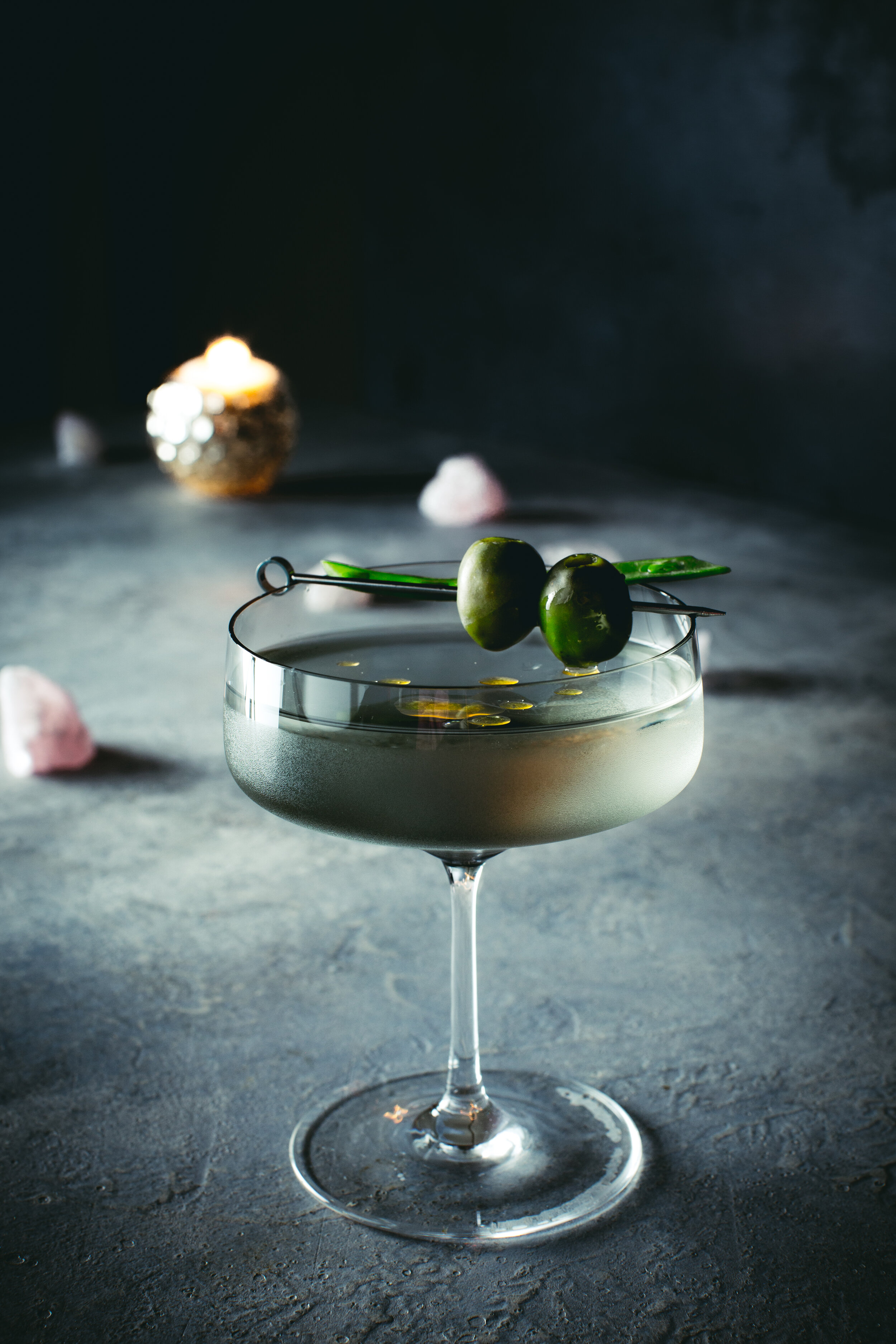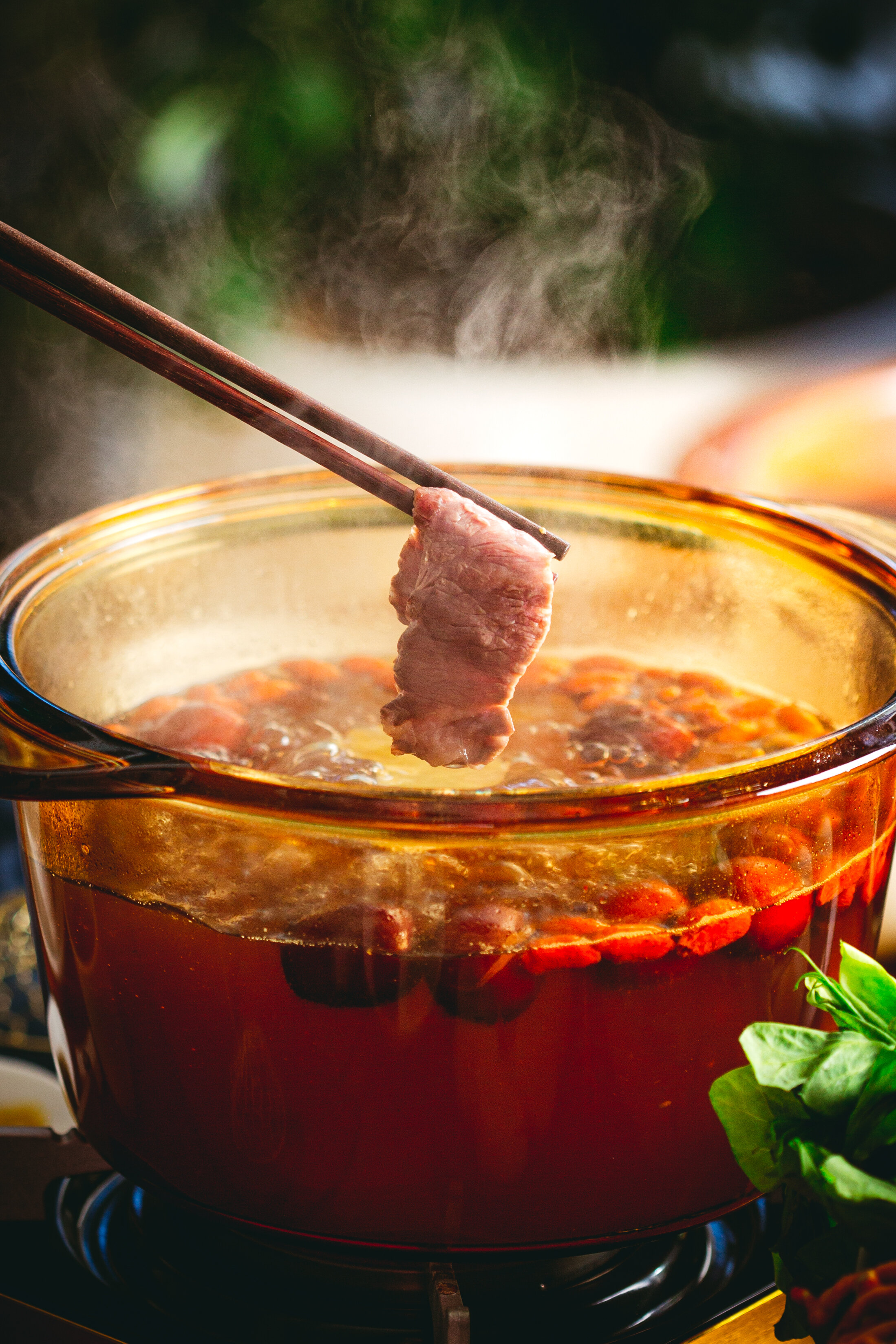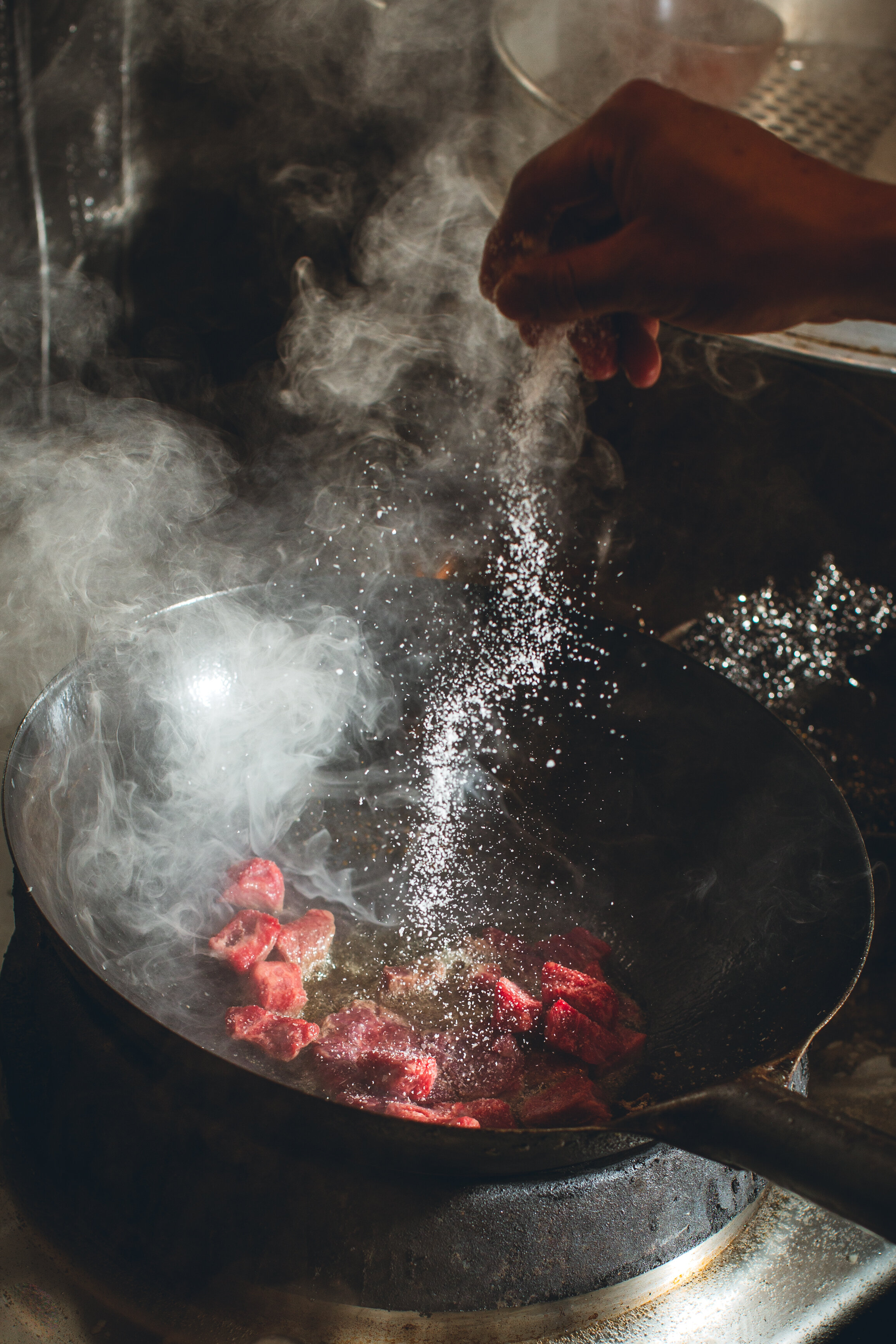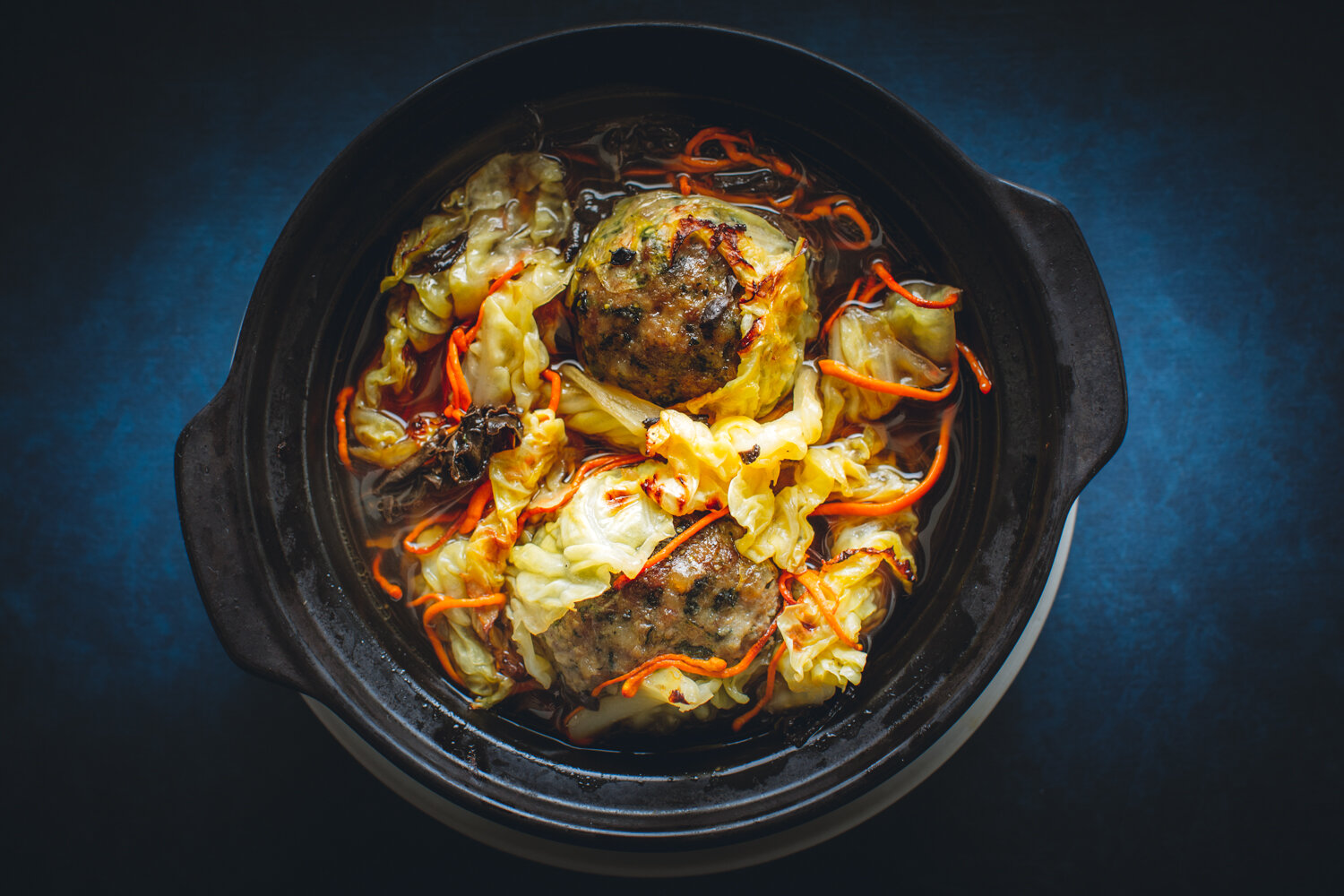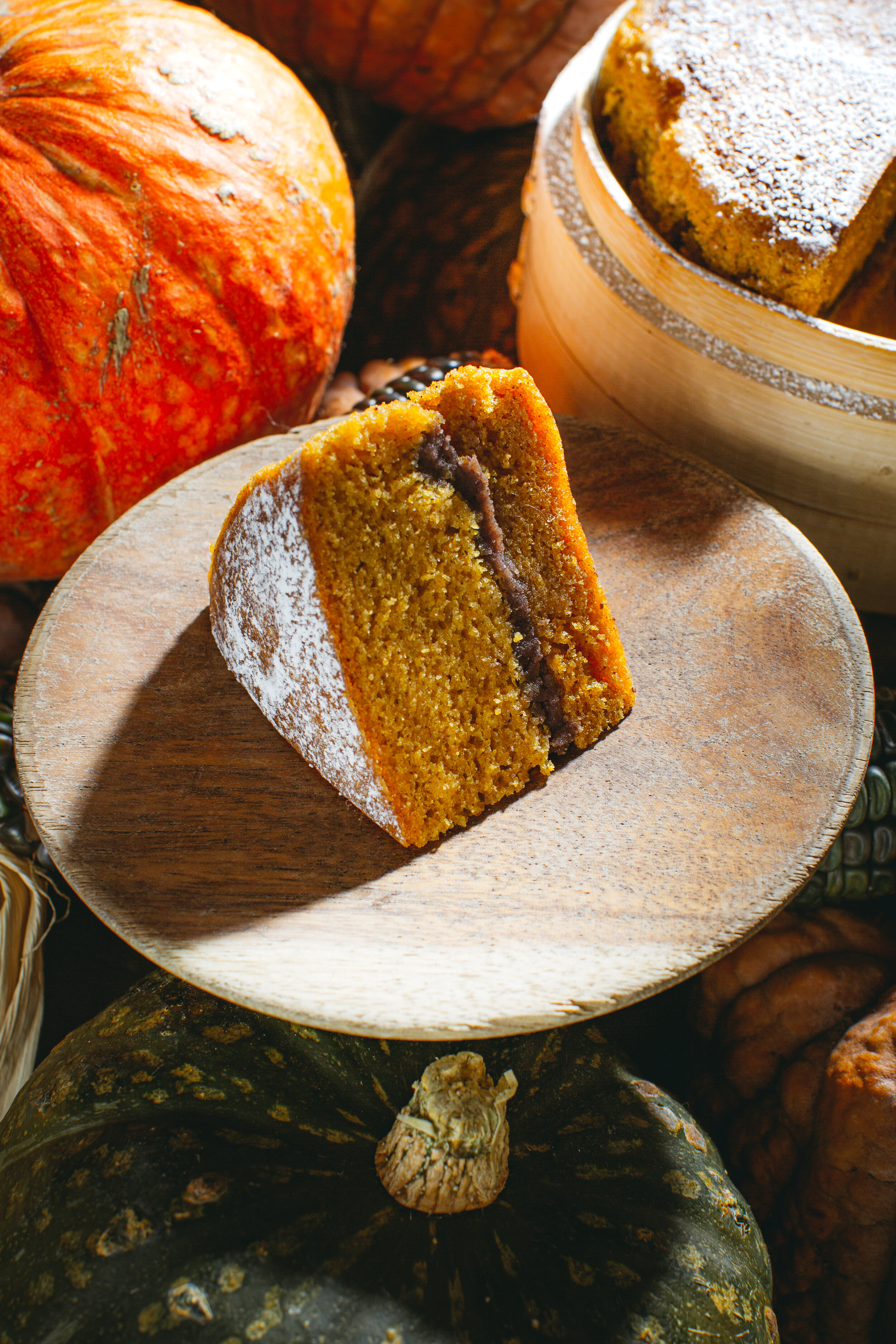Mister Jiu’s in Chinatown
it’s finally here!
Two years and a pandemic later, we are so proud to present Mister Jiu’s in Chinatown to the world. In lieu of our planned celebration and book tour, allow me to walk you through these past three years.
For the documentary portion of the book, I couldn’t just airdrop into the neighborhood for shots of a smiling chef rifling through vegetable stalls. I wanted to hang with the aunties. Aside from boxes o treats and pushing my Chinese banter skills to new levels, I was also lucky to have the help from some beloved local - such as Brandon’s childhood friend/ famed writer April Chan and fashion icon/ community activist Dorothy “Polka Dot” Quock.
Now, let’s meet some aunties (I know not all of them look like aunties to you, but in this house we’ll show ‘em proper respect by calling them all aunties.)
this IS your grandfather’s cookbook
I know every cookbook promises to be “not your grandfather’s cookbook”, but chef Brandon Jew and writer Tienlon Ho actually made a very conscious effort to connect our book to our elders, or, as Tienlon puts it in this fantastic Eater interview:
…there’s so little context for Chinese-American food. People don’t know a lot of this history and why and what the Chinese American experience has been, and by having cookbooks that just have the same recipes over and over and over, it becomes so much easier to have those problems…like cultural appropriation and this whole idea of disconnecting a food from the people who care about it most and disrespecting that connection.
Brandon mentioned some of his chef friends who are extremely skilled but don’t understand Chinese food. And he said, “If they could read this and get something out of it too, I’d be so pleased.” Because he’s tired of having to explain it. And also was just tired of defending it. He wanted it to be very plain to people who care about what goes into food. To really delight and enlighten at the same time.
but what about the food though
This was by far the most challenging project I’d been on as a photographer. Brandon wanted to shoot seasonally, without stylists of any kind (though I still managed to sneak in some big guns for the big moments), using only vessels you’d find in his kitchen, sometimes running running a restaurant, a lounge, and a delicious takeout outpost all at once.
There wasn’t much staging - we shot the dishes as he made them, sometimes right in the middle of service, where we had to dance around hot firey equipments and the cooks who handled them.
I was lucky to have a rotating cast of day players to assist me. These are (mostly) nonprofessionals who just loved the project and wanted to throw down.
In the past, production usually begins after much of the book has been written and the recipes have been finalized. But the team wanted me there as they experimented with new methods, debated approaches, and uncovered different traditions each week. We became a proud pack of passionate aunties.
then there’s that thing
And then covid hit Chinatown. Even before the virus reached the States, the neighborhood was already scapegoated and shunned, despite relatively low number of cases.
The crew and the neighborhood withstood some heavy blows: second and third waves, a whole month of apocalyptic smoke, not to mention on-going racist attacks and vandals targeting Asian American citizens and businesses. Amidst it all, we kept going, because that’s all we know.
The past doesn’t automatically become the past just because it’s been documented. We are still here. Grab your book. Come by Chinatown, swing by for flavors familiar and new. Give flowers to the staff. And let’s tell our stories together.
